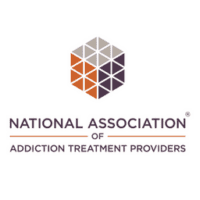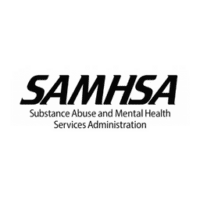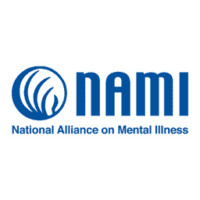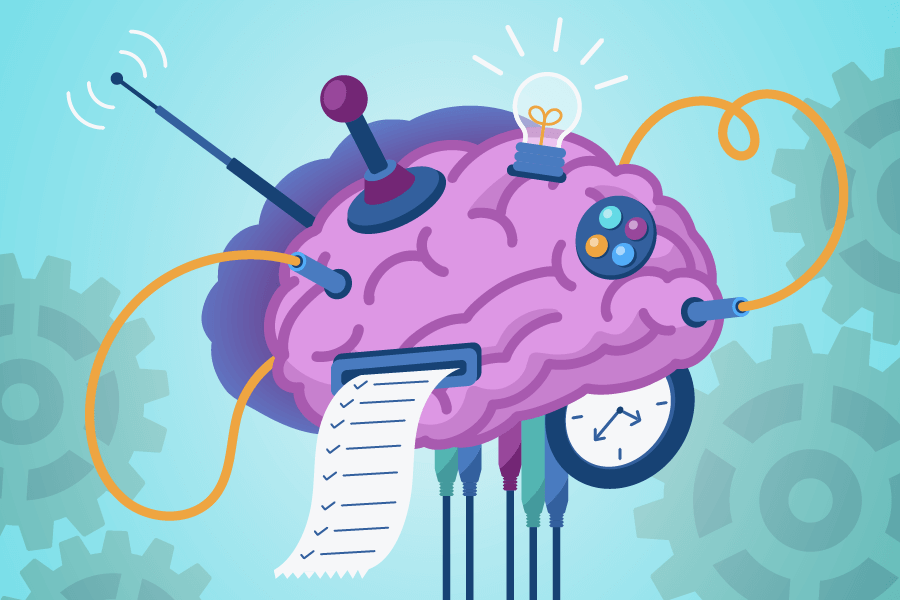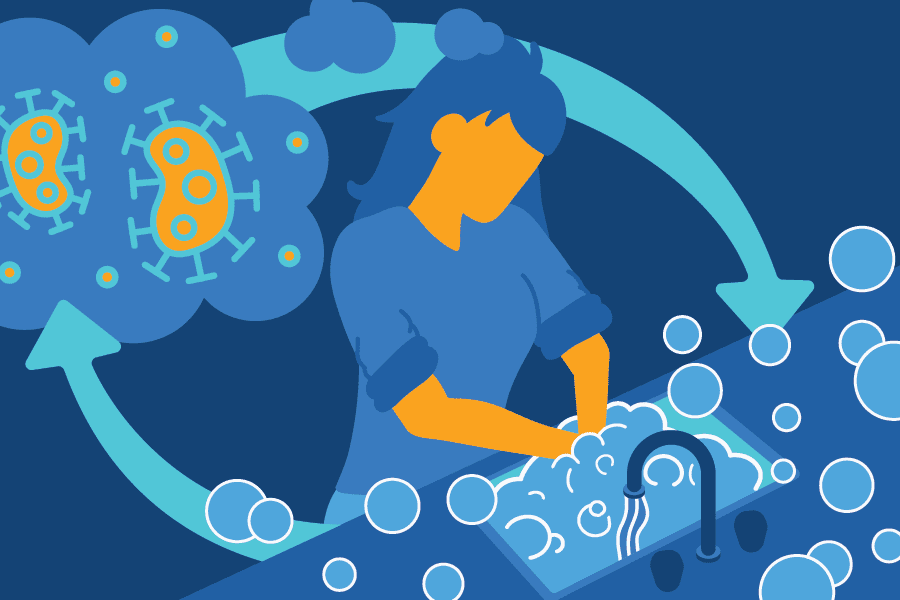Anger Management
Every parent knows that anger, sadness and the whole array of emotions are frequently and easily displayed by teenagers. Children, especially as they grow into adolescents, can flow from one emotional experience to the next in a blink of an eye, making it difficult to parent during times of emotional turmoil.
However, for some teens their anger goes beyond that of a normal child.
As a parent it can be difficult to know when your teen’s anger has gone beyond the norm and it is necessary to reach out for support for your child. Finding a teen treatment facility that offers counseling for anger management can be helpful for both your child and your family.
When Do You Ask For Help?
Anger is an important emotion and it is healthy for us to experience and express it in productive and constructive ways. Anger helps us to know when our boundaries have been crossed, when we feel belittled or ignored and when we are uncomfortable or upset with a situation. However, anger can become an unhealthy issue when it goes “too far.”
If your teen is experiencing extreme outbursts or some of the following, it may be time to seek professional help for your child.
- Attempts to inflict harm on self or others
- Increasingly emotionally unstable or dysregulated
- Makes threats or becomes violent and/or destructive
- Involvement in risky behaviors – drugs, alcohol, criminal activity
- Fear for siblings or other children that are in the house with your angry teen
- Increasingly quick and easy to anger – anything “sets” off an angry outburst
- Anger has begun to affect school performance, is angry and disruptive not just at home
- Setting boundaries, consequences or rules has no effect in managing the anger or bad behaviors
- As a parent, you feel overwhelmed, at a loss of how to handle the situation. You avoid confrontation for fear of setting off your child
- Has had run ins with law enforcement, breaks the law, engages in criminal activity – particularly when angry or when his or her angry behavior has been confronted
If your teen is displaying these symptoms, finding experienced help for both your child and your family can help by providing better ways for your teen to express his or her anger and manage emotions.

Diagnosing Underlying Mental Illness
Furthermore, depending on the exact symptomatology, your child may be displaying behaviors of Oppositional Defiance Disorder (ODD), Conduct Disorder or Intermittent Explosive Disorder (IED). These are all psychiatric disorders that require management and treatment by a healthcare professional.
It is important to have your teen evaluated if he or she is displaying some these symptoms in order to correctly diagnose any possible underlying mental illness.
Anger Leaves Teens Vulnerable To Substance Abuse
Regardless of the diagnosis, parenting an angry teen, one that is persistently frustrated and aggressive, can be extremely difficult and scary. Teens who struggle with anger tend to have lower than average coping skills. Their ability to manage stress or communicate with friends, parents or teachers is often not as developed as their peers.
Teens with anger issues often find ways to isolate themselves and alienate those that love them. This leaves them vulnerable to using substances as a way to cope. Abusing drugs or alcohol allows them to avoid their feelings of discomfort and escape from the world.
Marijuana, alcohol or other drugs can provide a means to mask the emotional pain or anger that the child is feeling.
Because these teens lack skills to ask for help or express themselves and they lash out at those that try to help and love them, they look for destructive ways to cope and peers that are struggling in similar ways. For many angry teens, substance abuse is the easiest and most socially acceptable way to manage themselves.
This pattern can readily lead to teen drug and alcohol dependence. An emotional issue can develop into a substance abuse issue and recovery may require teen drug and alcohol rehab.
Paying Attention To Your Teen’s Anger
Parenting a teenager can often seem like an emotional rollercoaster. And while it is true that the hormonal changes that lead a person from childhood to adolescence make for greater emotional expression, discounting a teenager’s emotions as simply hormonal is a mistake.
It is important for parents to not write off a child’s anger as a result of teenage angst or puberty. A teen’s anger may be explosive, reactionary and lack mature emotional expression, but it is still a real emotion that is a response to something.
Teenagers do feel angry but they can lack the cognitive development, communication skills and maturity to express it. This means that simply punishing a child due to an outburst of aggression or violence, though it may be appropriate and necessary, will not help change or alleviate the anger.
The teen likely needs counseling for anger management to learn why they angry and how to express it appropriately.

Getting Your Teen Treatment For Anger Management
Without proper treatment a teenager’s anger will simply escalate and likely develop into dangerous behaviors. Substance abuse and dependency often go hand in hand with a teen who is struggling to regulate his or her’s emotions. Find a teen treatment facility that can support both addiction and the family.


Online Treatment Programs
Our virtual IOP program offers the same programming that we offer in person, all online – this is ideal for those who live too far to drive to an addiction center, have transportation issues, or have health concerns that make in-person treatment challenging.
Our Accreditations
